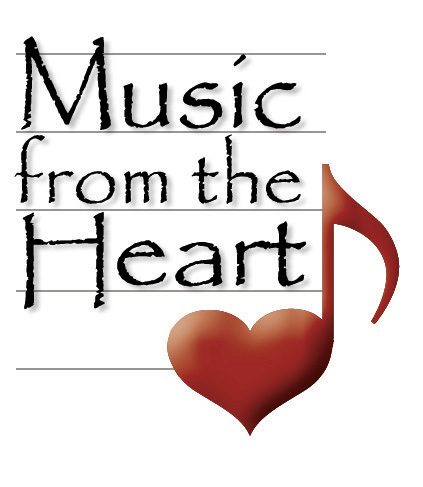Once a year we stop and our national attention is drawn to the remembrance of those who gave the ultimate sacrifice during military service. But the reason for having a day of remembrance should carry all year long.
Therefore, this blog is still timely; it’s reminding us to think deeply about those who protect our freedoms. Every Gold Star family evokes our sympathy, empathy and respect, as we imagine the bottomless sorrow those parents experience as the natural order of life is reversed. The purpose and meaning of the death of that son, or daughter, or other relative is lifted high as we stop and reflect.
My own family is not a stranger to military service, nor the sacrifice of young life that may be required.
Thanks to the tireless genealogical research of my sister, Bonnie Householder, we know that six ancestors fought in the Revolutionary War, 13 in the Civil War on both sides of the terrible contest, and in nearly every other war till today.
During the Civil War, family members died and were disabled. The explosion of a sidewheeler’s boiler returning North with “just released” POW’s, killed three brothers. Great-Aunt Bonnie Hildebrand, 90 in 1993, told me that the Hildebrand family had played a major part in two wars. The Revolutionary War victory at the Battle of Kings Mountain, North Carolina, holds an important place in history. The family’s black powder factory provided essential gunpowder to the 1000 patriot militia, who faced 1,000 battle-hardened redcoats in arduous mountain guerrilla fighting. Cornwallis’s northern advance was stopped by the October 7, 1780 defeat at Kings Mountain.
During the War between the States, the family’s gunpowder factory provided gunpowder to the North Carolinian Confederate Army. Two young brothers were guarding a barrel of gunpowder by a tree on a river. During a skirmish something struck the barrel of gunpowder and there was a terrible explosion. The blast threw one brother a considerable distance away from the river. He picked himself up and looked back at the river, he saw his dear brother, clinging to the tree which had been pulled into the river’s current. His eyes had been blown out of their sockets. Such ghastly images should always accompany war stories to ground them in human suffering.
This story lives on through my telling. We have a 1865 photograph of a Southern ancestor, our great-great-grandfather, who was a disabled vet.
The poverty of those hill farmers in North Carolina meant that our family owned no slaves and my grandparents were not racists.
My great Uncle Bill died while at National Guard summer camp during the pandemic called the Spanish Flu.
101 years ago he died of pneumonia rather than machine gun bullets, but still his death ripped a hole in the family tree that is still vivid in my memory due to family stories.
On D-Day, great Uncle Coy, a radio operator, died on Omaha Beach.
Radio men were first tier targets for the entrenched Germans.
Three of my cousins served:
Navy Lieutenant Junior Grade, Wain Smith
Army Chief Warrant Officer 3, Scott S. Smith, and
Army Captain, Jerry Frease.
My godson also served Navy Commander, Colin Bowser, retired.
Additionally, I also salute my cousin’s son on active duty, Air Force Major, Matthew M. Harvey.
As we reflect on those serving and lost, may we also consider the vast number of men and women who have been disabled through military service.
The Veterans Administration states that 26% of living veterans have a service-related disability. There are many more vets with disabilities than their comrades in arms who lost their lives.
A high percentage of today’s wounded vets come home with traumatic brain injuries, Post Traumatic Stress Syndrome or others who endure severe facial disfigurements including loss of sight.
Most of those disabilities are invisible. We can’t see a disability, and we can’t know the hard truth that they carry like heavy haversacks every day of their lives.
They may be homeless, disconnected from protective social networks, and in an isolated world unknown to us.
So we must stop and consider all of those who have drifted off the radar of our heartfelt regard that we collectively remember on Memorial Day.
That suggests that the whole human family deserves our respect, because the “least of these” may be heroic warriors who stood at the door of our freedoms.
